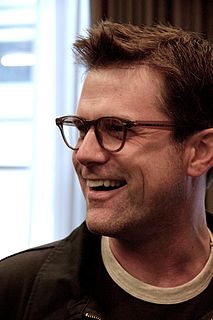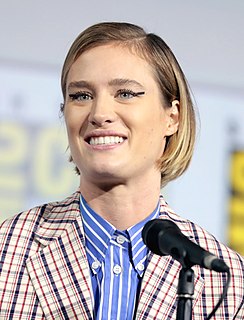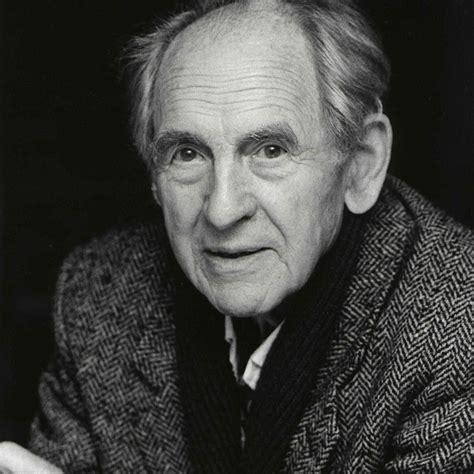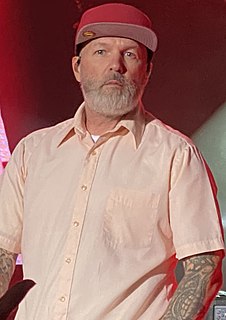A Quote by Merlin Mann
If you need to appear on an internet list to know whether you're someone's friend, you may have problems a computer can't solve.
Related Quotes
The way I try to simplify my job is that I have two lists - I have a list of all the crazy, interesting problems that I get to solve every day or that need to be solved, and I have a crazy list of things I'd like to invent. And I kind of just prioritize them and work my way down, and try to simplify what I do when managing a big company.
And I've come to the place where I believe that there's no way to solve these problems, these issues - there's nothing that we can do that will solve the problems that we have and keep the peace, unless we solve it through God, unless we solve it in being our highest self. And that's a pretty tall order.
Teaching and writing, really, they support and nourish each other, and they foster good thinking. Because when you show up in the classroom, you may have on the mantle of authority, but in fact, you're just a writer helping other writers think through their problems. Your experience with the problems you've tried to solve comes into play in how you try to teach them to solve their problems.
We are more than our problems. Even if our problem is our own behavior, the problem is not who we are-it's what we did. It's okay to have problems. It's okay to talk about problems-at appropriate times, and with safe people. It's okay to solve problems. And we're okay, even when we have, or someone we love has a problem. We don't have to forfeit our personal power or our self-esteem. We have solved exactly the problems we've needed to solve to become who we are.
The friend who holds up before me the mirror, conceals not my smallest faults, warns me kindly, reproves me affectionately, when I have not performed my duty, he is my friend, however little he may appear so. But if a man praises and lauds me, never reproves me, overlooks my faults, and forgives them before I have repented, he is my enemy, however much he may appear my friend.
We would solve a lot of huge problems that are causing massive suffering. Poverty, violence, homophobia, heterosexism, racism, the environment - all these things that are crippling us. We need big, bold, dangerous, crazy ideas to solve these problems. When failure is not an option, innovation and creativity are not options.
What is the central core of the subject [computer science]? What is it that distinguishes it from the separate subjects with which it is related? What is the linking thread which gathers these disparate branches into a single discipline. My answer to these questions is simple -it is the art of programming a computer. It is the art of designing efficient and elegant methods of getting a computer to solve problems, theoretical or practical, small or large, simple or complex. It is the art of translating this design into an effective and accurate computer program.

































